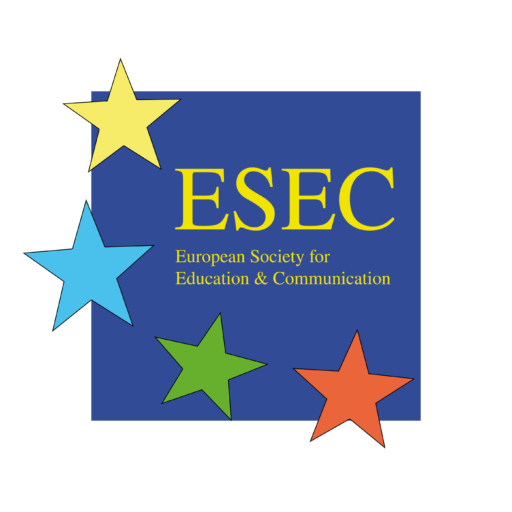Skip to the content
Lecture / USST Shanghai, 29.10.2023 by Thomas A. Bauer, Vienna
- Studying languages is not just a project of appropriation of mechanisms of speech, it is much more the development or even the generation of competence. It is the the effort, the challenge, the chance and the pleasure to open the mind for other cultural horizons of construction of reality.
- To understand another culture is not just to be able or to be interested to observe or to cover other configurations of world and reality by idioms, words, grammar or metaphors of description To observe other cultures always means an observation on second order: to observe as we observe, to observe ones interest and concepts of observation.
- Observation is not just the happening to be confronted with an object as it seems to be (phenomenology), it always is the intention to understand oneself in relation to another (otherness / similarity / comparativeness of construction): observing others (other cultures / linguistic constructions, metaphors etc.) is determined by intention (interest) to mirror one’s own cultural constructs (language, rituals) of reality and/or relevance in someone else’s cultural constructs.
- This argues the educational interest in two language competence concepts: a) transversality/transversal competence and b) mediality/media literacy: meaning a) interest/openness, listening/understanding, empathy/awareness etc.), and meaning b) to speak and to understand the media character of a language – mediated to society and culture by criteria of sense of communication like usability, aesthetics and ethics.
- Transversality and mediality are framing the complexity of a language, which never is the complexity of any matter just by itself, but always the complexity of using the language (generative grammar / algorithm) because of or in order to connect discourses, society, individual, culture and contexts of life to each other (mediated configuration).
- All that makes it necessary and worth to study, to use and to cultivate different languages, to understand the difference of languages as the challenge and chance of distinction in constructing the reality (constructivist concept: the world is as we think it (M. Gottschlich)- not the other way round: that is the challenge / chance of deciding for relevance (believe) as the sense of communication: we need each other because (and in interest of) of difference / we need difference (of languages / cultures) in order to get (somehow) unified / communified. And the other way round: The more we are different, the more we need each other.
- Unification / community / communication are concepts of difference: it does not make (social, societal) sense to unify the same as the same. Since it could be the destination of human being not to be defined (Ch. Foucault), we need mediality and transversality as linguistic criteria of configuration (contextuality) of communication, society and culture.
